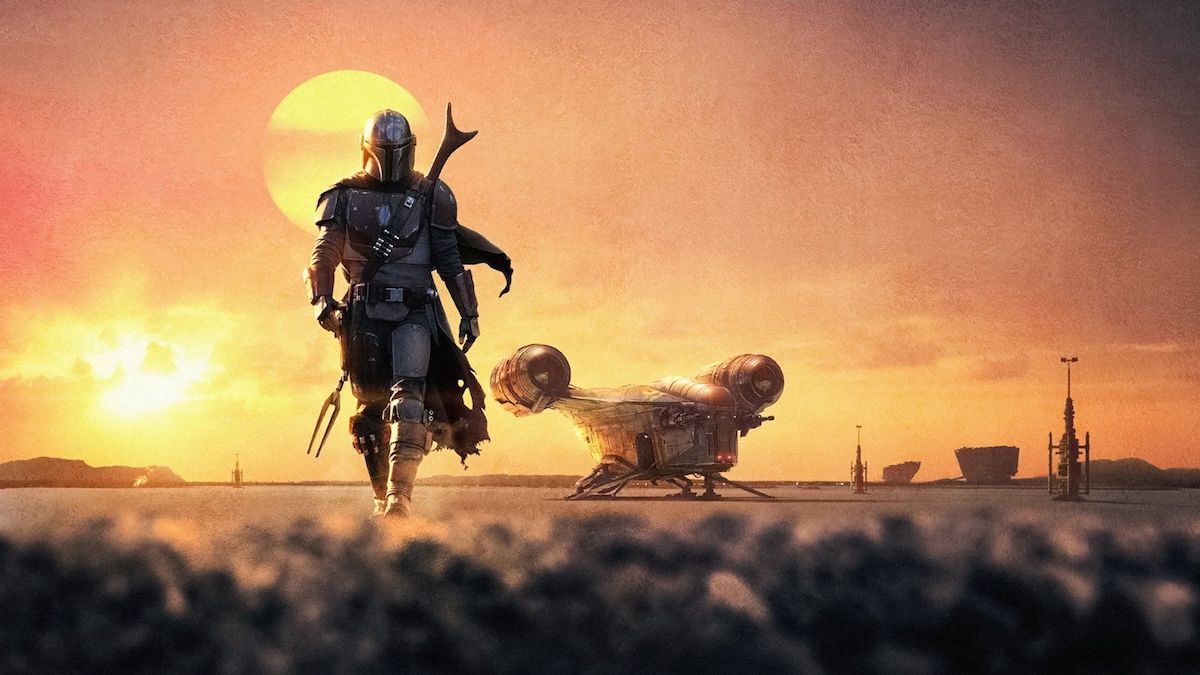{{SPOILER ALERT!}}
The Star Wars franchise series The Mandalorian returned to television late last month. Set five years after the events of Return of the Jedi, The Mandalorian follows a bounty hunter hired by the Empire to retrieve The Child—aka Baby Yoda. Once the hunter finds Baby Yoda, however, he is moved by a desire to protect him. Instead of handing the 50-year-old infant over, the Mandalorian goes on the run.
Like the rest of the Star Wars films, The Mandalorian investigates themes of good versus evil, parenting, and heritage. It may be science fiction (or a “space western,” to be more precise), but part of the reason that the series has such a devoted following is that it plays out fundamental human struggles—reckoning with history and loss, learning to trust your own judgment, and trying to reconcile the existence of evil with the existence of good.
There are many important lessons in The Mandalorian. Here are what a few of them can teach us about mediation.
Nobody is all bad.
As Kuiil, an Ugnaught friend of the Mandalorian, tells him: “Droids are not good or bad — they are neutral reflections of those who program them.”
One benefit of mediation is that it neutralizes the inherently adversarial approach of a trial. Although most of us know our adversaries aren’t evil, the more entrenched we become in our own positions, the harder it can be to keep sight of this.
Court cases have a winner and a loser, but mediation tries to find a compromise: a resolution that both parties can live with while also saving everybody the time, expense, and stress of a trial. Remembering that the person on the other side of the table isn’t all bad—no matter how ardently the two of you might disagree—can make the process more fruitful and less emotionally taxing for all parties.
Solving problems takes a team.
Even a lone bounty hunter understands the importance of teamwork. When the Mandalorian lands on Sorgan, he teams up with Cara Dune and the villagers to fight the Empire. With help from the locals, they protect the child and keep the Empire at bay.
The potential for teamwork is also a benefit of mediation.
Mediation isn’t about determining a winner and a loser. It’s about solving a problem. Because the parties work together to reach a solution, it’s less like fighting on two different sides of an intergalactic battle than it is like being on the same side—even if that can sometimes feel hard to imagine.
Your mediator will help direct the conversation towards solving the disagreement—and with tricky problems, three heads are better than one.
Protect what matters.
Mediation isn’t only useful in divorce—it can be helpful for business disputes, partnership disagreements, and a range of other matters. It is often employed when there is an entity that both parties have an interest in protecting, be that professional reputation or your children.
The Mandalorian is all about protecting what matters. For divorcing co-parents, seeking an amicable solution for the sake of children is a common reason to choose mediation. And even if your “Baby Yoda” isn’t an actual baby (perhaps it is a business relationship or a preexisting friendship?), mediation can still help you protect what matters by centering the conversation on this goal.
Ask for help.
It takes some time for the Mandalorian to learn that asking for help is okay—but you don’t have to wait.
If you are wondering whether mediation is right for you, enlist the help of an attorney with experience in mediation. They can advise you whether mediation may be right for you and suggest your next steps.
If you have questions about mediation and if it’s right for you, contact our offices for a consultation.





0 Comments